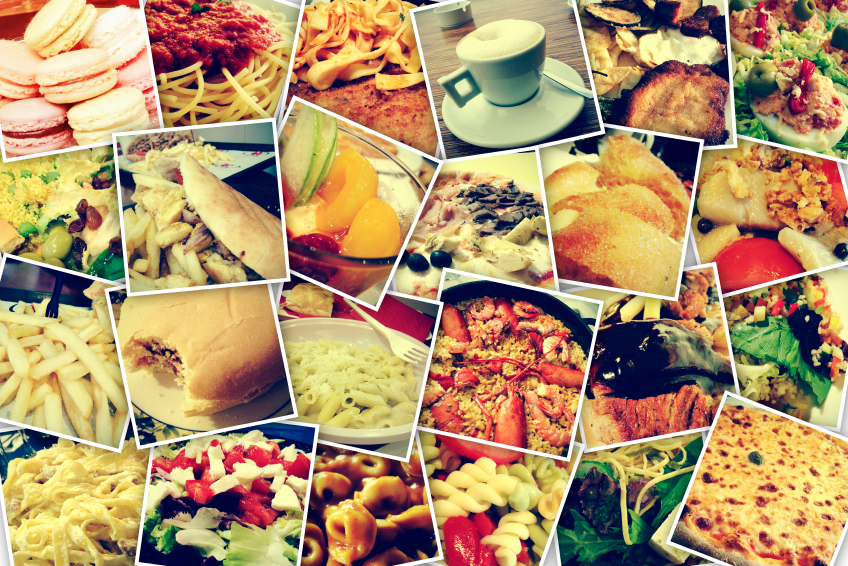For some people, food is just food. It is fuel to keep going throughout the day and keeping calories and fat intake within normal ranges is not an issue. There are many of us though that are currently relating to food in an unhealthy way or have done so in the past. Relating to food? Does that seem like an odd concept? It might but it shouldn’t because all of us do a dance every day in managing the fine balance between what we consume and what we need to maintain a healthy weight.
Many of us though would clinically qualify as addicted to food. Yes, it is possible to be addicted to food in a similar way that addicts are dependent on drugs and alcoholics drink excessively. People eat to the point of putting their health at serious risk and even with this knowledge, continue in their ways. One has to wonder if someone is literally putting themselves at risk of death due to obesity but doesn’t make changes, are they trying to slowly kill themselves? Now, not everyone that is overweight is doing so against significant medical advice but rather will face the consequences down the road of having over indulged with food. There are other people who utilize food as a means of control and other factors that lead to either going on a temporary binge and then purging the food or controlling their intake to the point of being significantly underweight. Again, no matter what we may have thought of food before, we all have a relationship with it and it’s important that we recognize whether ours is healthy or needs improving.
Why is having a balance with food so hard for people? It’s because we can’t avoid it. Unlike a recovering addict or alcoholic, we can not abstain from the substance that we are or were addicted to. Everywhere we look, our “drug of choice” is in our face. There are grocery stores full of our temptations and along every main street in all our towns are places where we can indulge our unhealthy lifestyle; often without even getting out of our cars.
How does someone become addicted to food? Easily actually. Food is advertised as comforting, a reward, a great friend to spend time with, an antidote to boredom and so many other unrealistic expectations. Our families growing up also helped establish our first relationship with food and undoing some of what we learned may be critical to having a healthy adult life. Some people have more addictive qualities to their personalities and they may find themselves addicted or overly dependent on many things in life with food just being one. Whatever the reason we have come to have an unbalanced relationship with food, we have to face it head on and learn our triggers if we ever want to do something different in this area.
Often times people that struggle with overindulgence or extreme control of their food intake, are challenged with very black or white thinking. For example, some feel that they have to eat well ALL DAY or the whole day is a “failure.” When this happens, then self-control is thrown to the side. It is very hard to maintain perfect eating all day every day and it’s a complete set up for sabotaging ourselves if perfection is our goal. Also, people want radical changes in seeing weight loss goals achieved and when small or steady changes happen, it isn’t fulfilling enough so they quickly return to unhealthy living. If we are going to make lasting change in our relationship to food, we have to come to terms with the fact that it is a marathon and not a sprint. We have to be engaged and in it for the long haul, not just temporary results that don’t usually last.
Our relationship with food is a mental game and we give ourselves and our loved ones a wonderful gift if we purposefully set out to learn everything we can about ourselves and our own dance that we do every day with food.
